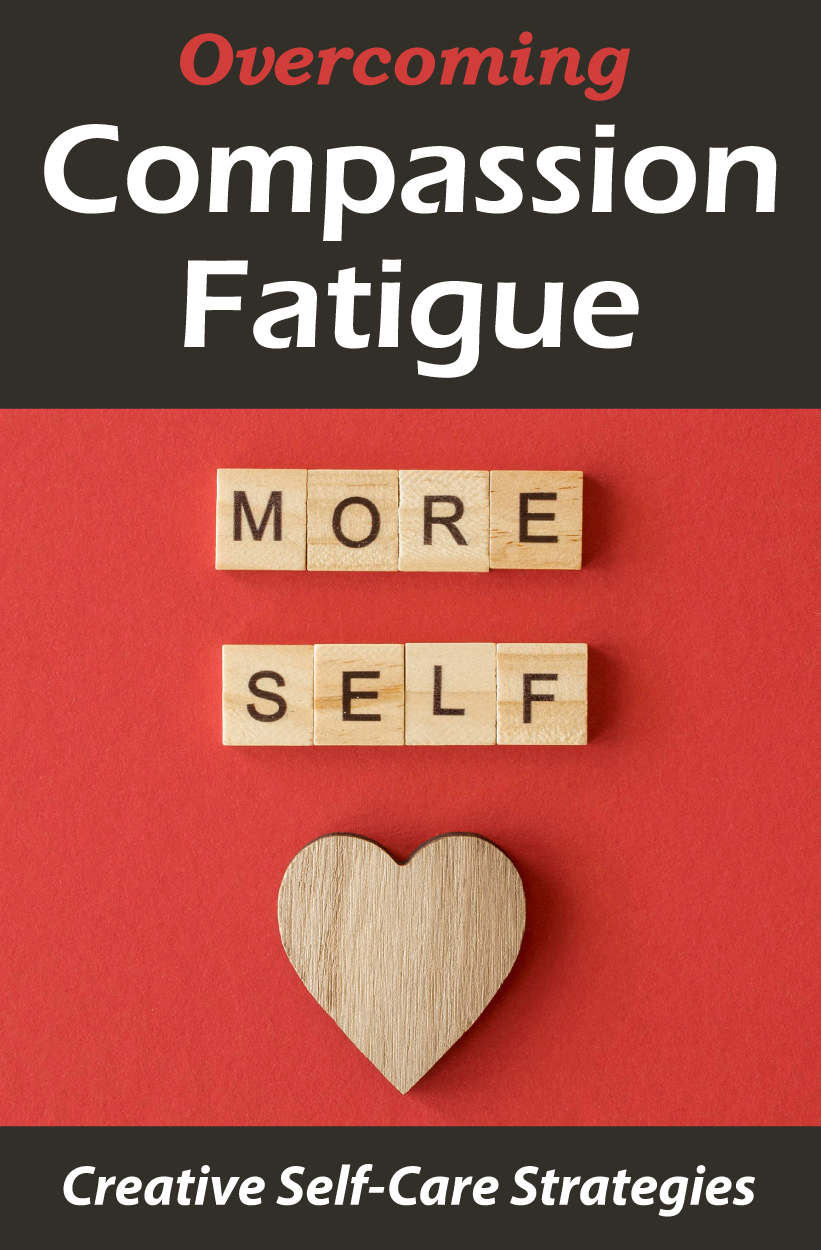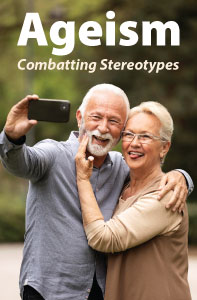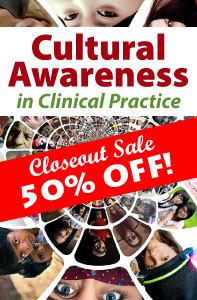We are launching our new website logins, account creation, and purchases are restricted. Any course activity is not being recorded until the new site has launched. Expected Launch Time 8:00pm EST Nov 20th.
$39

Related Courses

Ageism: Combatting Stereotypes

Cultural Awareness in Clinical Practice

Anxiety: Practical Management Techniques
Overcoming Compassion Fatigue: Creative Self-Care Strategies
Catherine Tyink, BSW, MS, NBCT; Christine Kortbein, MA
CE Credit: 3 Hours
Target Audience: Psychology CE | Counseling CE | Speech-Language Pathology CEUs | Social Work CE | Occupational Therapy CEUs | Marriage & Family Therapy CE | School Psychology CE | Teaching CE
Learning Level: Introductory
Course Abstract
Overcoming Compassion Fatigue: Creative Self-Care Strategies is a 3-hour online continuing education (CE) course that examines how to identify and treat compassion fatigue.
Loss is a recurring theme in our lives, often disguised as change, rejection, or tragedy. A caregiver is often affected directly by loss when overly engaged and immersed in the consistent demands of tending to those in distress. Some of the losses might include sleep, free time, independence, and social connections. These losses may be considered a secondary loss or distress because of a primary loss. The term and concept of compassion fatigue grew from this secondary loss experience (or more aptly, secondary trauma) that we as caregivers or caring professionals can experience as part of our professional or personal lives.
In this course, we will begin with an overview of what compassion fatigue is along with historical context. We will then learn who is the most vulnerable to the effects of compassion fatigue. Common physical and emotional symptoms are presented along with best practice for treatment based on the latest research.
Next, we will review ten evidence-based creative self-care strategies, proven effective in treating compassion fatigue and stress as well as building emotional resilience when faced with change and loss. These strategies will be presented to you through description, application, research, and real-life stories illustrating how each technique may be applied to your own life or to those you work with and support.
Course #31-33 | 2021 | 47 pages | 20 posttest questions
Learning Objectives
Professional Development Resources is approved by the American Psychological Association (APA) to sponsor continuing education for psychologists. Professional Development Resources maintains responsibility for all programs and content. Professional Development Resources is also approved by the National Board of Certified Counselors (NBCC ACEP #5590); the Association of Social Work Boards (ASWB Provider #1046, ACE Program); the Continuing Education Board of the American Speech-Language-Hearing Association (ASHA Provider #AAUM); the American Occupational Therapy Association (AOTA Provider #3159); the Commission on Dietetic Registration (CDR Prior Approval Program); the New York State Education Department’s State Board for Psychology as an approved provider of continuing education for licensed psychologists (#PSY-0145), State Board for Mental Health Practitioners as an approved provider of continuing education for licensed mental health counselors (#MHC-0135) and marriage and family therapists (#MFT-0100), and the State Board for Social Workers as an approved provider of continuing education for licensed social workers (#SW-0664); the Texas Board of Examiners of Marriage and Family Therapists (#114) and State Board of Social Worker Examiners (#5678); and is CE Broker compliant (#50-1635 - all courses are reported within two business days of completion).
This online course provides instant access to the course materials (PDF download) and CE test. The course is text-based (reading) and the CE test is open-book (you can print the test to mark your answers on it while reading the course document).
Successful completion of this course involves passing an online test (80% required, 3 chances to take) and we ask that you also complete a brief course evaluation. Click here to learn more.
Have a question? Contact us. We’re here to help!
Catherine Tyink, BSW, MS, NBCT, is a counselor, grief support specialist, National Board-Certified School Counselor, and writer. Catherine serves as a hospice social worker and is the co-author of Grief Reimagined: 50 Creative Strategies to Build Resilience.
Disclosure:
Financial: Catherine Tyink receives author compensation from Professional Development Resources.
Nonfinancial: No relevant nonfinancial relationships exist.
Christine Kortbein, MA, has been a curator of mindful arts and an ambassador for connecting creativity with self-discovery for over thirty years. Christine has a BA in Psychology and an MA in Art Therapy and leads workshops and presentations on creative self-care and personal development. She is co-author of Grief Reimagined: 50 Creative Strategies to Build Resilience.
Disclosure:
Financial: Christine Kortbein receives author compensation from Professional Development Resources.
Nonfinancial: No relevant nonfinancial relationships exist.
Customer Reviews